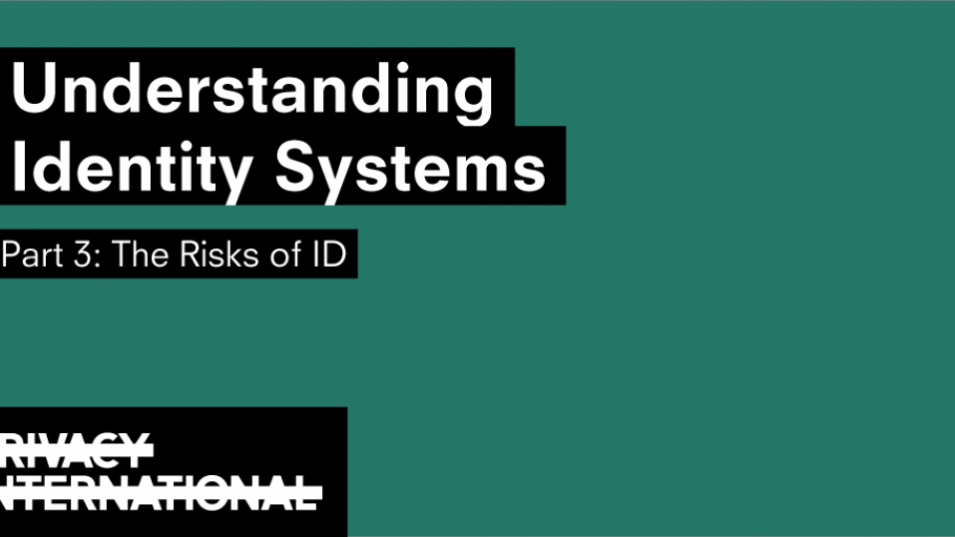
Privacy International’s submitted its input to the UN Special Rapporteur on the right to health for her forthcoming thematic report to the Human Rights Council on the theme of: “Digital innovation, technologies and the right to health”.
KEY ADVOCACY POINTS
- PI’s submission addresses our ongoing concerns associated with the introduction of digital technologies in the health sector.
- There is a need to promote and advocate for a comprehensive human rights-based approach in the design and deployment of digital health initiative.
PI welcomes the opportunity to engage once again with the mandate by submitting comments, evidence, and recommendations to the UN Special Rapporteur on the right to health, Ms. Tlaleng Mofokeng. We hope that our input will contribute to the forthcoming report, “Digital innovation, technologies and the right to health”.
Technology has contributed significantly to the planning and delivery of health information, services and care. We have seen the use of data and technology across the healthcare sector from health apps, electronic medical records, to smart supply-chain management, the use of drones for the delivery of medication, and nascent technology on automated diagnostics.
The introduction of digital technologies in the health sector have been portrayed as “a critical solution to challenges and gaps in the delivery of quality health care and essential to achieving the Sustainable Development Goals.” The WHO Global Strategy on Digital Health 2020 – 2025 presents its vision of digital health technologies “that allow people to manage their health more effectively, improve caregiver-patient communication and monitor the impact of policies on population health.”
We agree that digital technologies can potentially improve the delivery of health information, services and care. However, before the inception of any technology-assisted initiatives, there need to be open, inclusive decision-making processes and human rights assessments as to whether to deploy them in the first place in a particular setting or for a particular purpose. Once this first step has been concluded, and the deployment of such technologies is justified, then safeguards and due process guarantees need to be considered in order to identify and mitigate risks. Otherwise, the same programmes that are intended to facilitate access will amplify pre-existing shortcomings and injustice.
This submission is based on the work we have done as well as our Network of partners as we’ve monitored and responded to developments associated with the use of data and technology in the health care sector by governments and companies.
ATTACHMENTS
Privacy International – Submission to UNSR on right to health – Digital innovation, technologies and the right to health, November 2022.pdf


